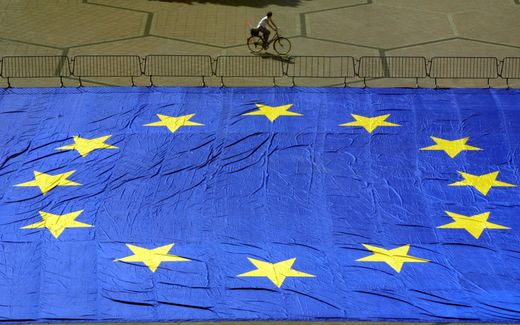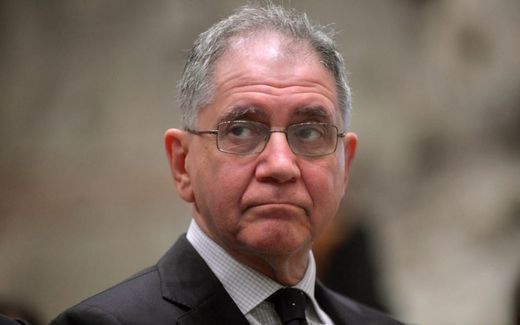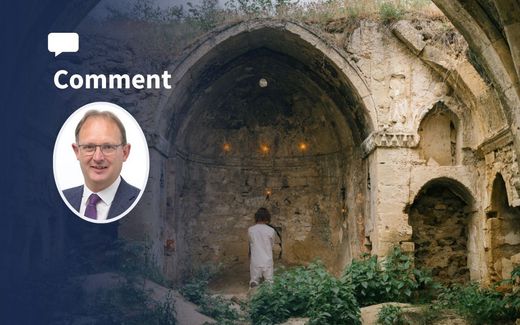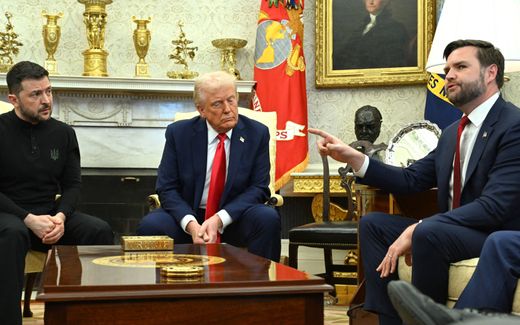Is the EU trying to change human nature? US diplomat Todd Huizinga speaks out in new CNE podcast
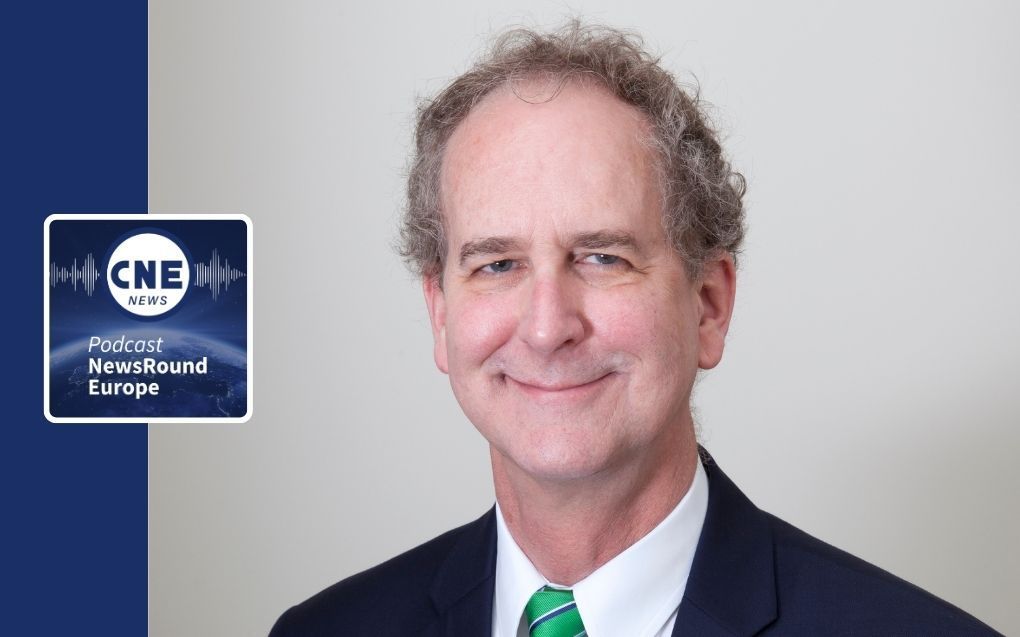
Photo private, Canva.com
European Union
What if the European Union was not just about trade and peace, but about changing us as human beings? Shocking or not, former US diplomat Todd Huizinga boldly makes this claim in the latest CNE podcast.
Huizinga has seen all the European Union offices in Brussels and Strasbourg as a US diplomat. Currently, he works as the senior fellow for Europe for the Religious Freedom Institute. His task is “to promote religious freedom in Europe”, he says with a wink in the podcast. From now on, Huizinga will also be authoring regular Spot On columns for CNE.news.
What the EU gets wrong
Huizinga isn’t afraid to speak his mind. He believes the EU is going too far in shaping a new kind of human being, without tradition, nation, or faith.
His main problem with the EU is that it does not adapt to human nature but the other way around, to change human nature itself. He sees the “checks and balances” because of humans’ sinful nature. However, because of the unaccountable powers in Brussels and the supranational structure that overrides national and sovereign member states, those checks can no longer function.
From his house in Michigan, US, he speaks to CNE podcast hosts Bart-Jan Spruyt and Evert van Vlastuin.
A warning by book
A few years ago, Huizinga wrote a book about the EU titled The New Totalitarian Temptation. He believes the book’s analysis is still relevant today: “The structures above the nation-states to which the nation-member states are subject are not truly democratically accountable.”
In the podcast, he explains why he is actually not completely happy with the term “totalitarian” in the book’s title.
Being a Christian conservative
Huizinga presents himself as a Christian conservative. But, he says, it will cost the rest of his lifetime to explain what that actually means. For Todd, it is essential to stress that his conservatism is not “hard-nosed”, he says. “Without love, we are nothing, and our Christianity means nothing. So, I am a conservative who believes in the authority of the Bible. I believe that the Bible tells me that love for God and love for my fellow man is the centre of the way I’m called to live.”
Why voters feel ignored
Right-wing parties are growing in Europe. But not because Christian conservatives are on the growth, Todd thinks. Many usual voters are “instinctive traditionalists”, he says. “They’re just living their normal lives. They want to be respected by their political leaders. They feel that political leaders are not listening to them and trying to convert them to political correctness.”
Todd does not believe in an “inherent connection” between populism and conservatism. However, he does see that the political elites are usually “less religious and more progressive” than the average people. The usual voter is “less critical of religion and far more sympathetic to the traditions of the Western way of life.”
Because of this, there is a danger that those people feel that they are not being listened to. Some pressing issues for them are immigration from other cultures, the “climate obsession”, and the “dissatisfaction” with the belief in supranational integration in the European Union.
Trump, populism and faith
Huizinga was “very glad” that Donald Trump was re-elected as US President, seeing the alternatives. But sometimes, Todd wonders what the man in the White House is doing and why. “He raises tensions unnecessarily with allies. So, I hope that with time, the policies he pursues will bear fruit in a way that helps people in Europe to relativise some of the difficult aspects of his personality.”
Don’t miss the CNE podcast. For all the episodes, click here.
Related Articles


